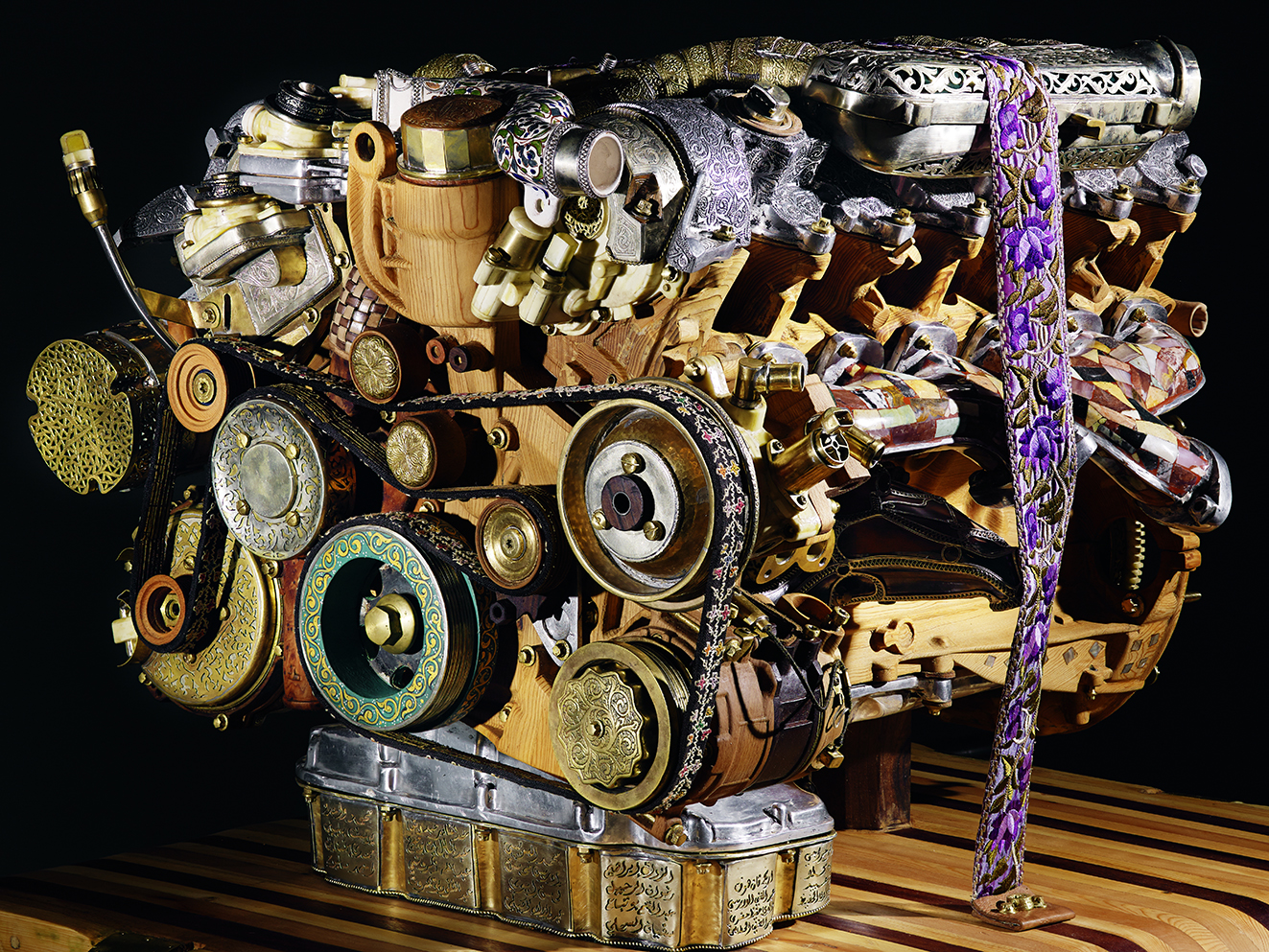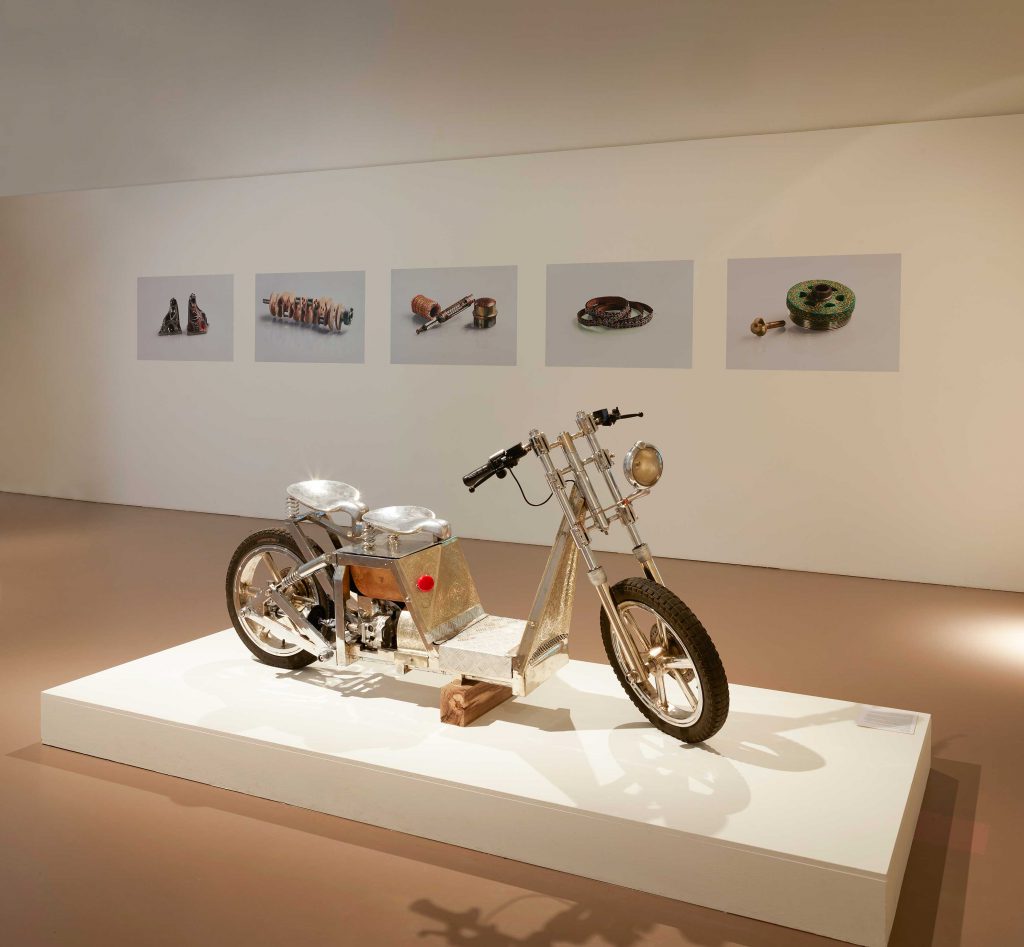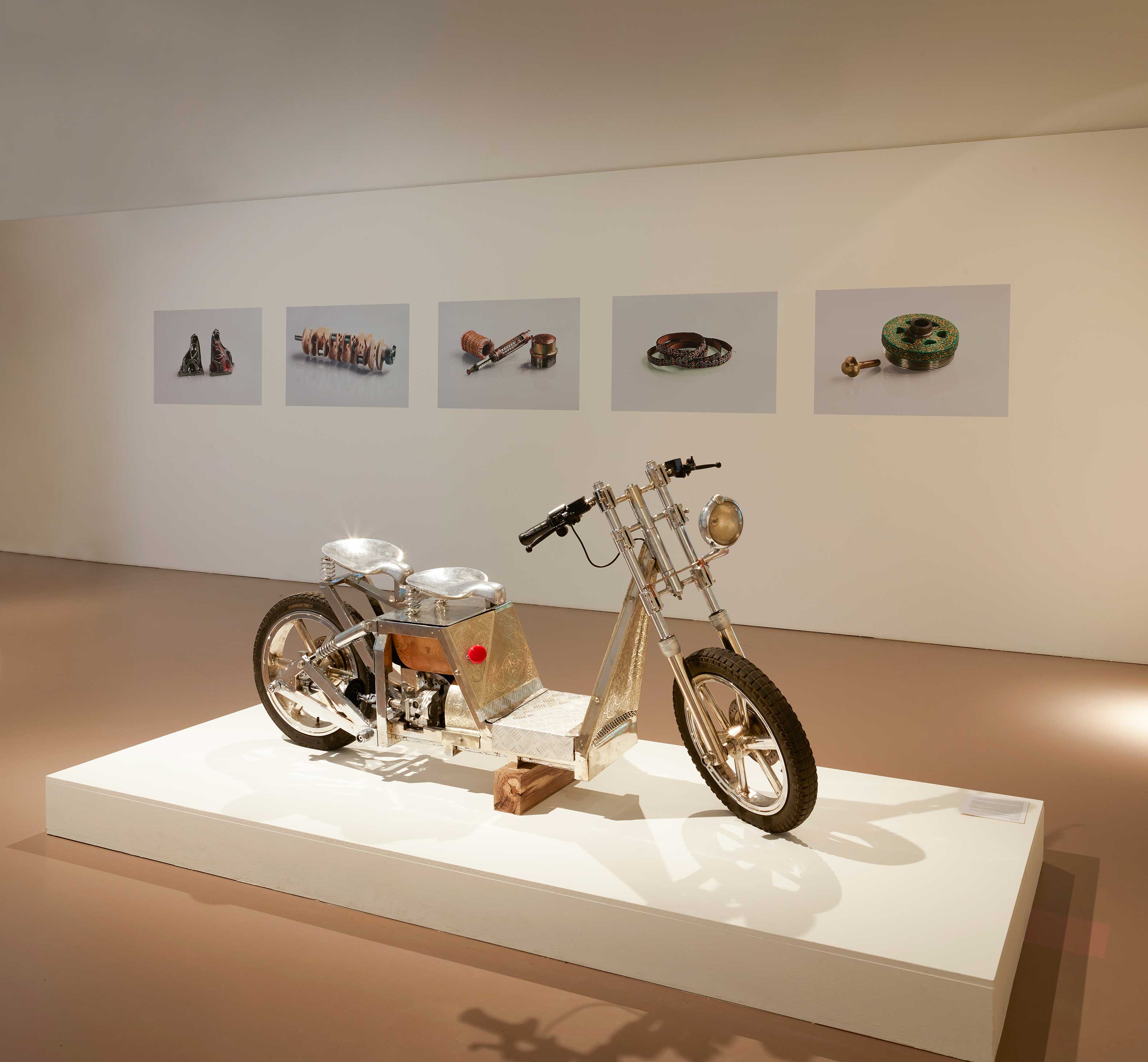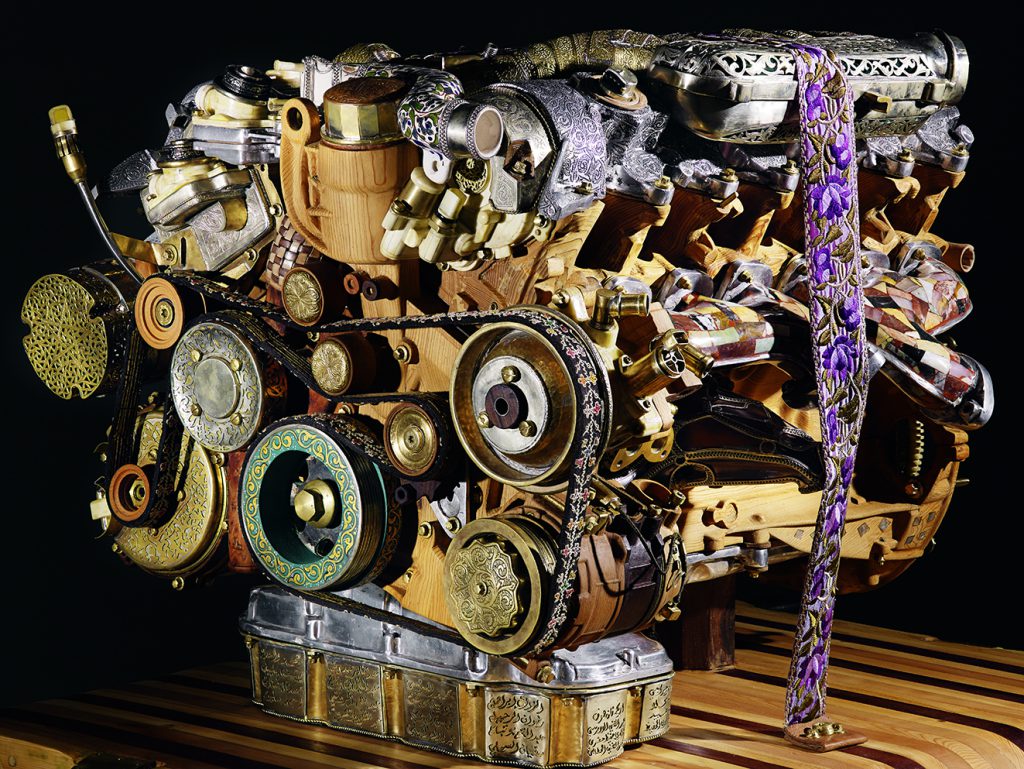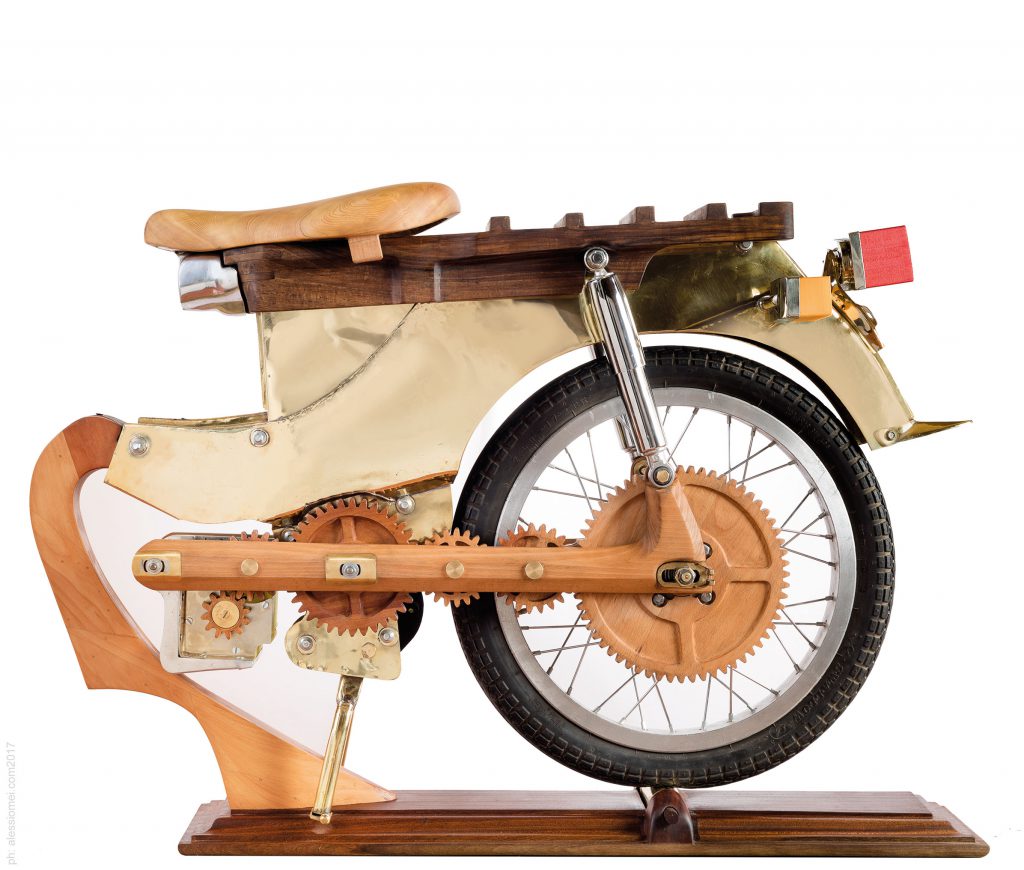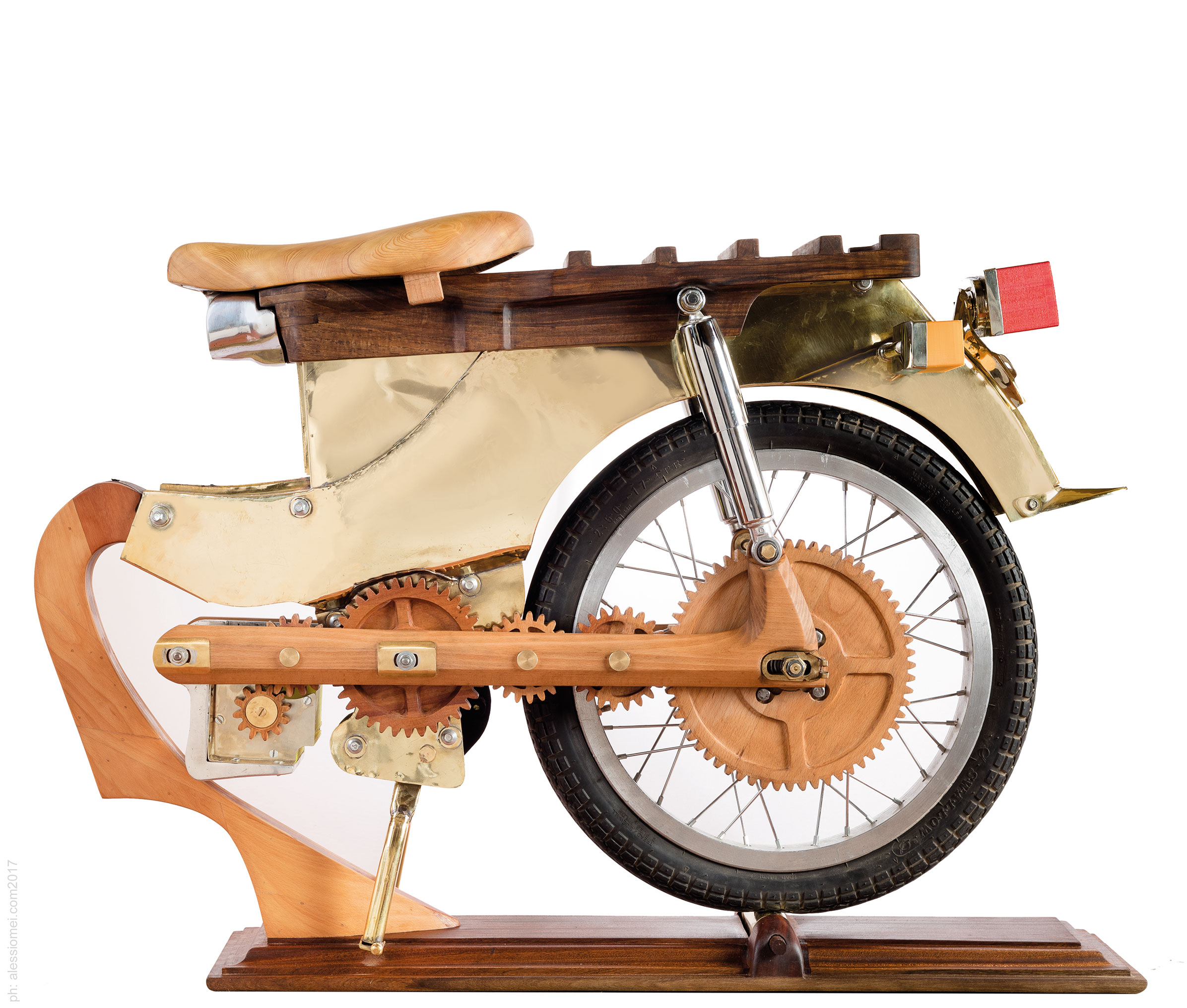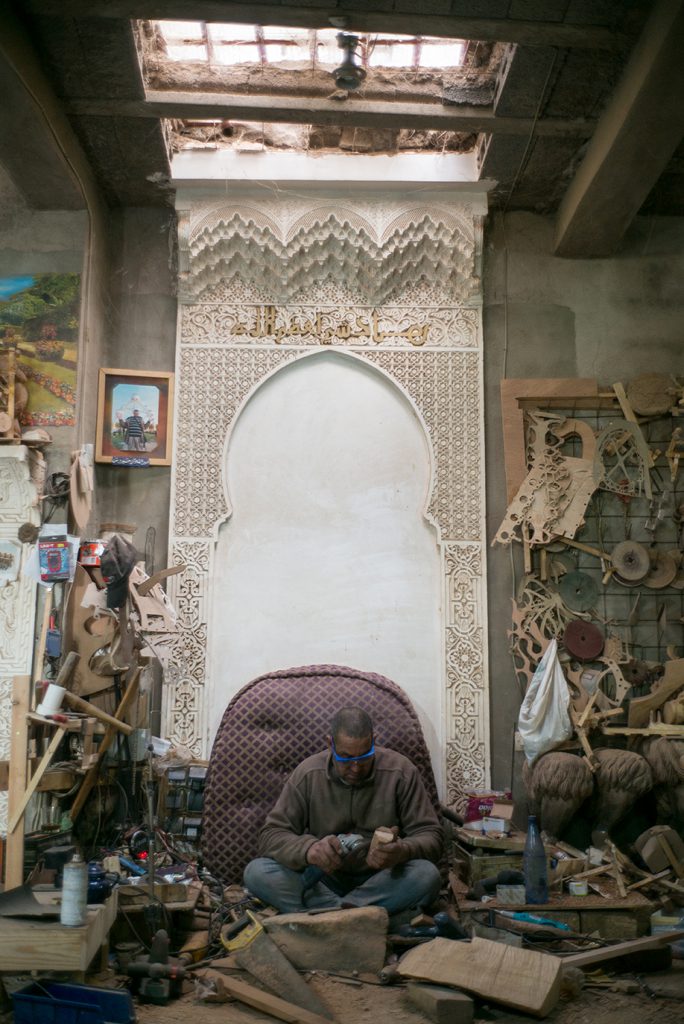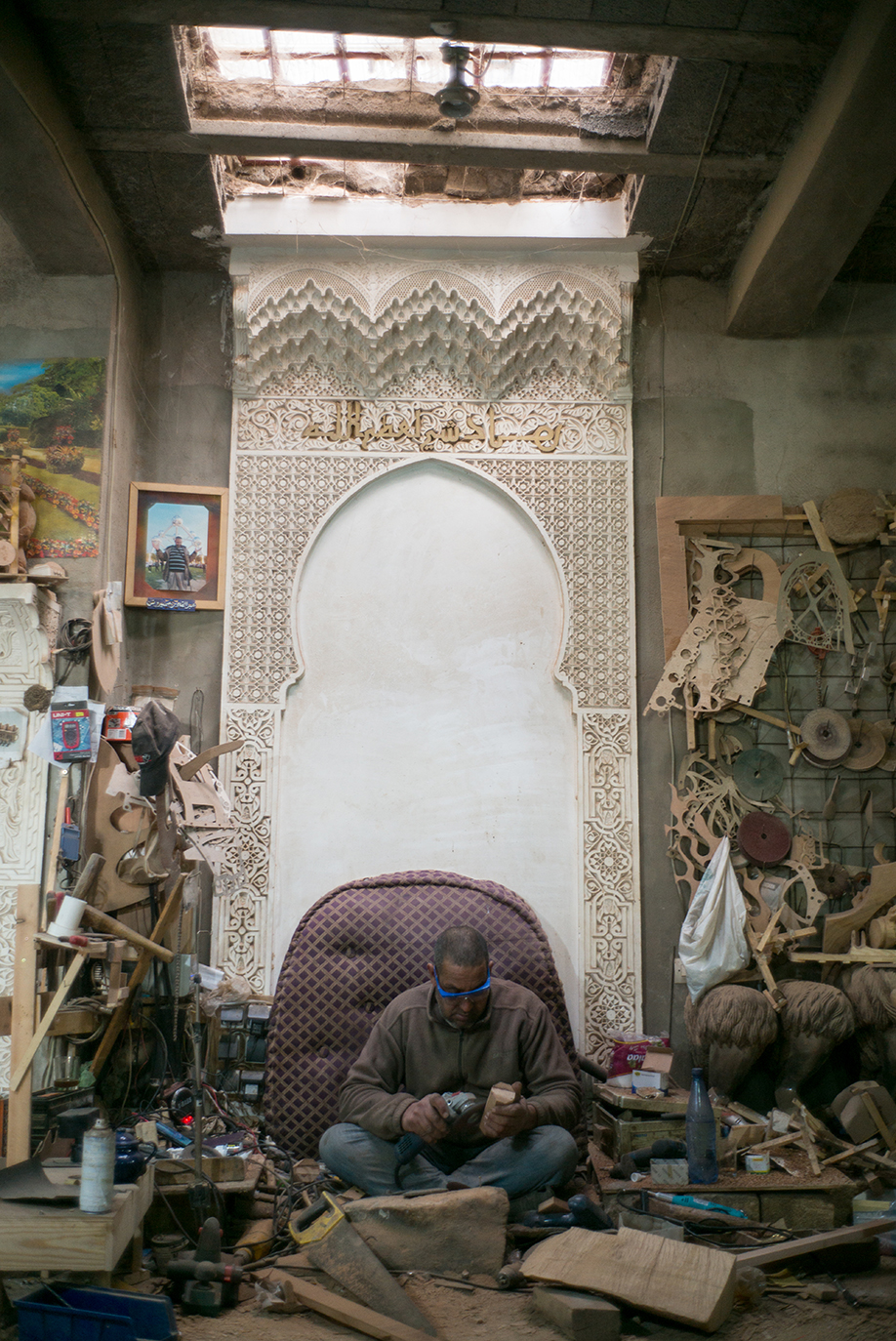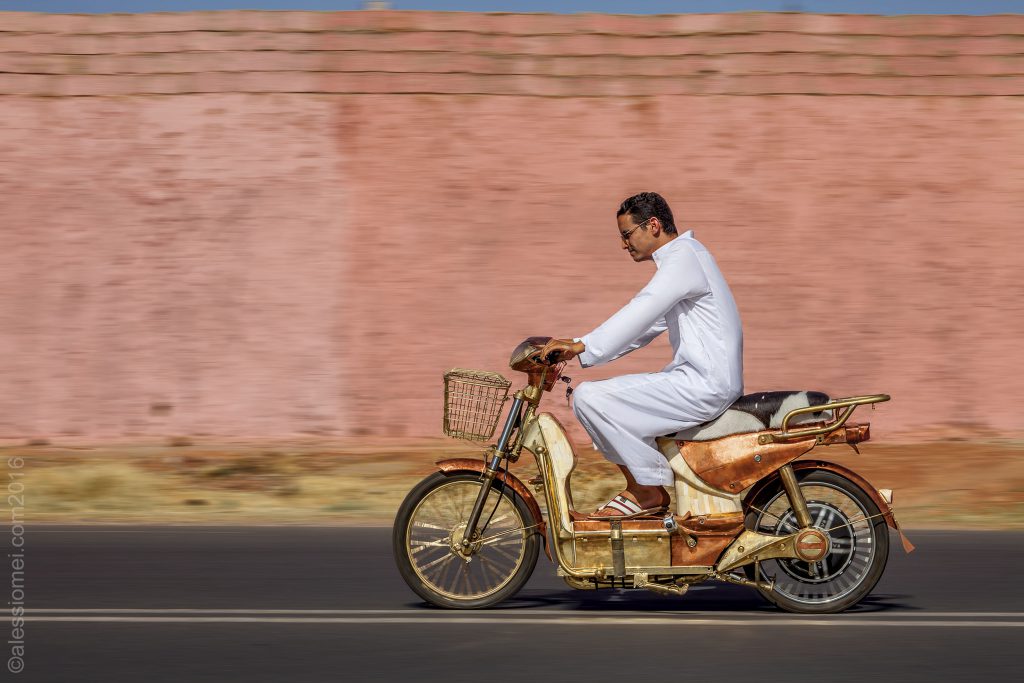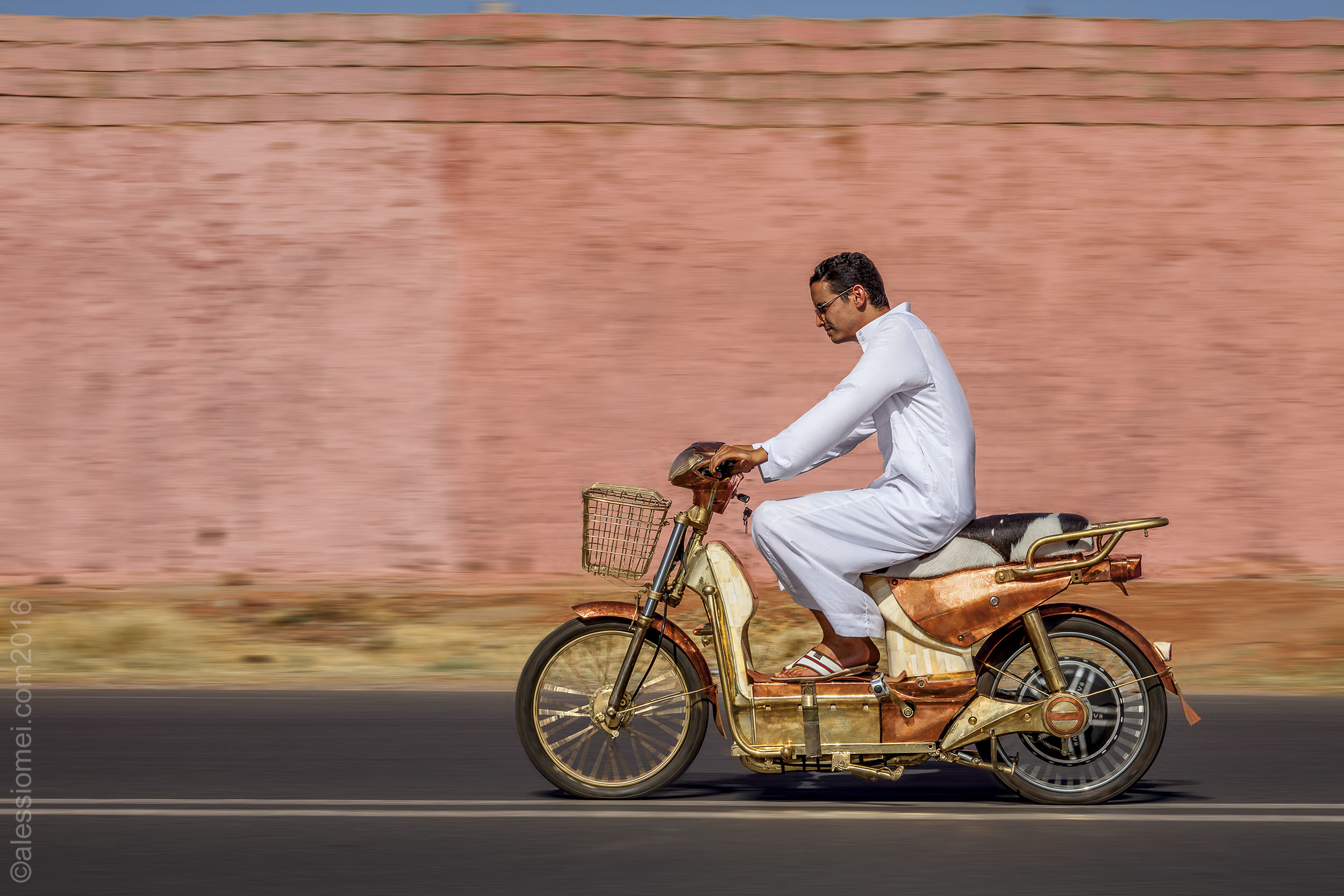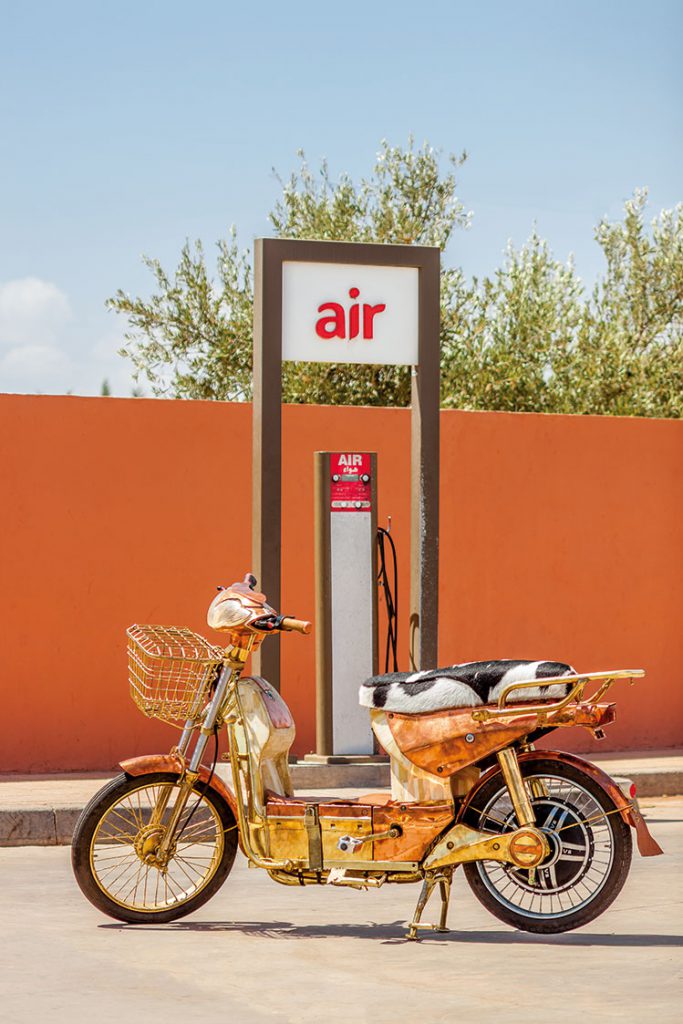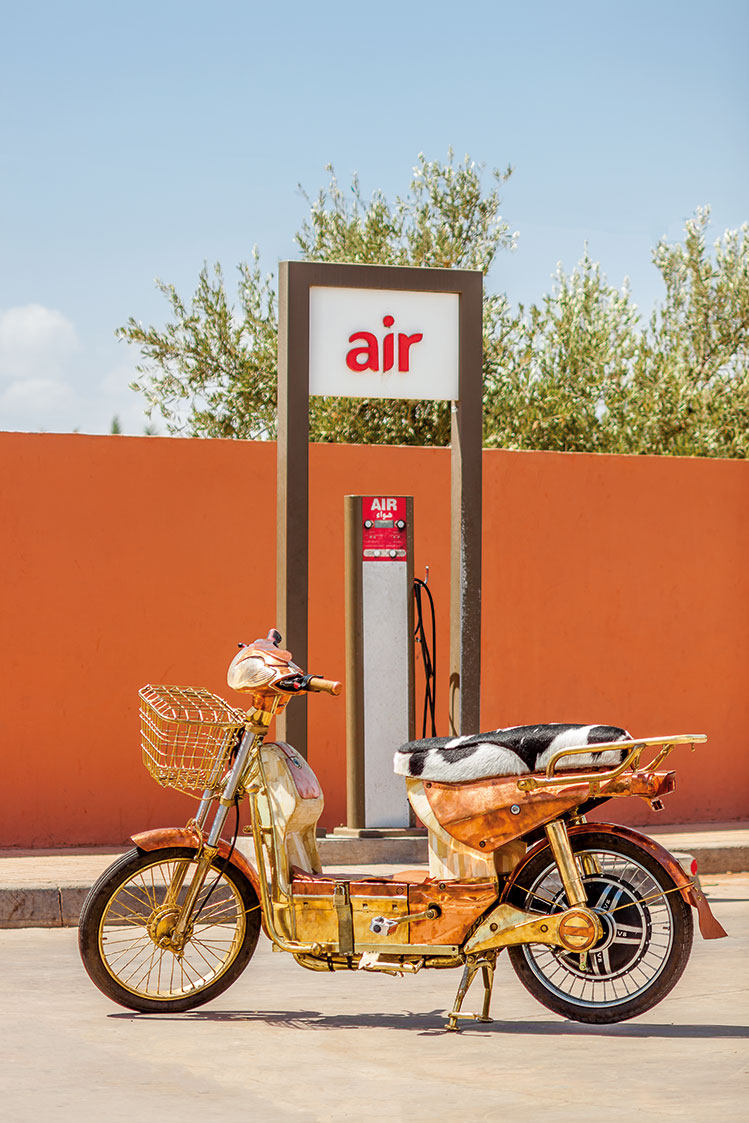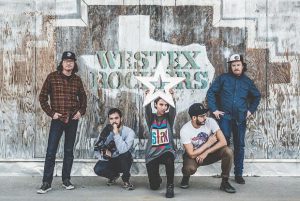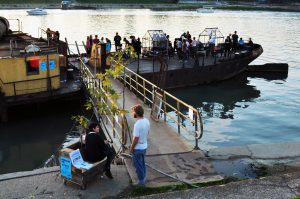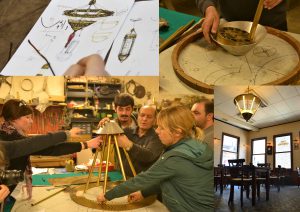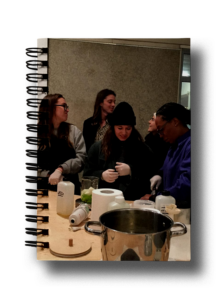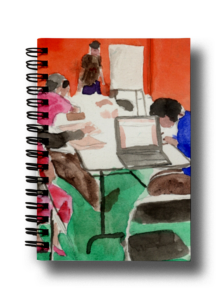Period
ongoing since 2016
Proposed by
Reem Fadda
Location
Marrakesh
About the project
In the last ten years, Morocco has brought about a major transition towards renewable energy. Two important projects towards a zero-carbon industry are installing the largest solar panel fields in Africa (Noor Powerplant) and the COP22 held in Marrakech in 2016. The country aims to provide nearly half its national consumption with clean energy by 2030.
Artist Eric van Hove’s Mahjouba Initiative hopes to connect local craftsmen (20% of the active Moroccan workforce, 19% of the country’s GNI) to the electric engine revolution while creating a community-developed consumer craft product: an electric motorbike for the local market using mainly craft materials and skills, combined with 3D-printing. Bringing a sustainable and meaningful market to craft in 21st post-Fordist century Africa must be done through the middle-class consumption of modern, useful goods. Artistic and creative emancipation, alternative manufacturing, and social and economic sustainability are core aspects of this endeavour.
Alongside this reverse-engineered item that is the motorbike, the Initiative seeks to propose an experimental, decentralized socio-economic model hybridizing the Western capitalist system and the local African made-to-order manufacturing and souk/distribution approach. To create a thought-provoking model, the artist believes in collective intelligence: on-going think-tanks are organized where 30 to 40 guests (artists, students, economists, scholars, engineers, etc.) brainstorm and improve a consistent model, which was tested via a Pilot in 2020.
External links
About the artist
Éric Van Hove (Algeria, 1975) grew up in Yaoundé/Cameroon. He later studied at the École de Recherche Graphique [ERG] in Brussels and received a Master’s degree in Traditional Japanese Calligraphy at the Tokyo Gakugei University in Tokyo in 2005. He went on to obtain an artist PhD degree from the Tokyo University of the Arts in 2008. A metamodernist conceptual artist currently using the craft legacy as a medium to ponder the relevance of local and informal heritage in a highly globalized world economy, he often initiates large multidisciplinary collaborative productions which he refers to as Symphonies Plastiques (plastic symphonies), being both the composer and conductor of sculptural compositions involving dozens of people (craftsmen, engineers, etc). Van Hove's work has been acquired by Kanal Pompidou (Belgium), MoMA, New York (USA), and Friesmuseum (New Zealand). Recent and upcoming projects include a solo exhibition Gesamt vs kunstwerk, Verbeke Foundation, Kemzeke (Belgium), Savoir Faire, Institut Supérieur pour l’Étude du Langage Plastique [ISELP], Brussels (Belgium), The Charbagh Diplomatic Labyrinth, Commission for the New Belgian embassy, Rabat (Morocco), and QRcodes and botany, Commission for the Foundation Jardin Majorelle, Marrakesh, Morocco.
